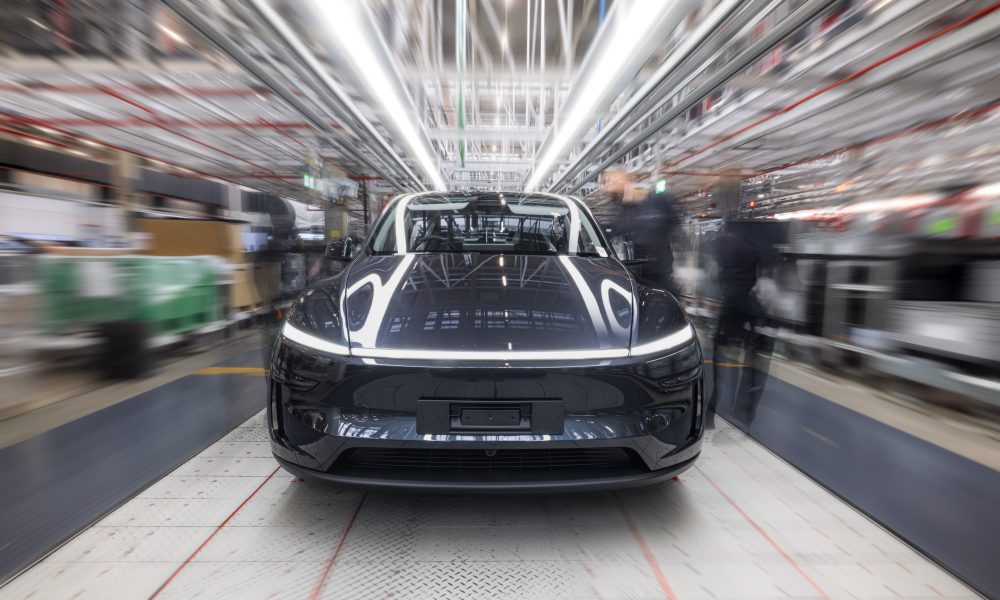
Panasonic is developing a next-generation electric vehicle (EV) battery that could increase the range of the Tesla Model Y by an impressive 90 miles (approximately 145 kilometers). This advancement is part of Panasonic’s ongoing efforts to innovate battery technology, which could redefine the capabilities of electric vehicles by the end of 2027.
Innovative Anode-Free Design
The new battery technology, reported by Reuters, features an anode-free design. This approach allows Panasonic to maximize the space within the battery, enabling the incorporation of more active cathode materials such as nickel, cobalt, and aluminum. As a result, the company anticipates a significant 25% increase in battery capacity without increasing the overall size of the unit. This innovation means that the Tesla Model Y could achieve an extended driving range without the need for larger, heavier batteries.
In addition to enhancing range, Panasonic aims to reduce its reliance on nickel, which is currently one of the more expensive raw materials in battery production. This shift could also facilitate the use of smaller and lighter batteries that still meet the Model Y’s existing performance standards.
Strategic Implications for Tesla
If Panasonic successfully brings this technology to market, it would bolster its long-standing partnership with Tesla, the company it has supplied batteries to for many years. This collaboration is particularly critical as Tesla prepares to scale up production for high-volume models like the Cybercab and Optimus. According to Tesla CEO Elon Musk, the company is gearing up for mass production, which will likely require all suppliers, including Panasonic, to ramp up their capabilities.
Although Panasonic has not disclosed specific details about production costs or the timeline for commercial rollout, its established relationship with Tesla positions it well to lead the charge in battery innovation. The company’s strategies align with Tesla’s ambitious goals, which include a commitment to enhancing the sustainability and performance of electric vehicles.
As both companies move forward, advancements in battery technology will play a crucial role in shaping the future of electric vehicles, making them more efficient and accessible for consumers.







